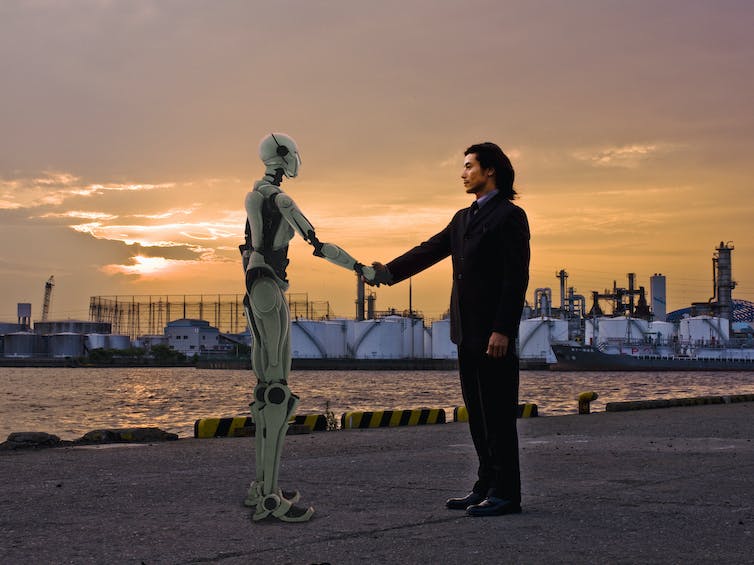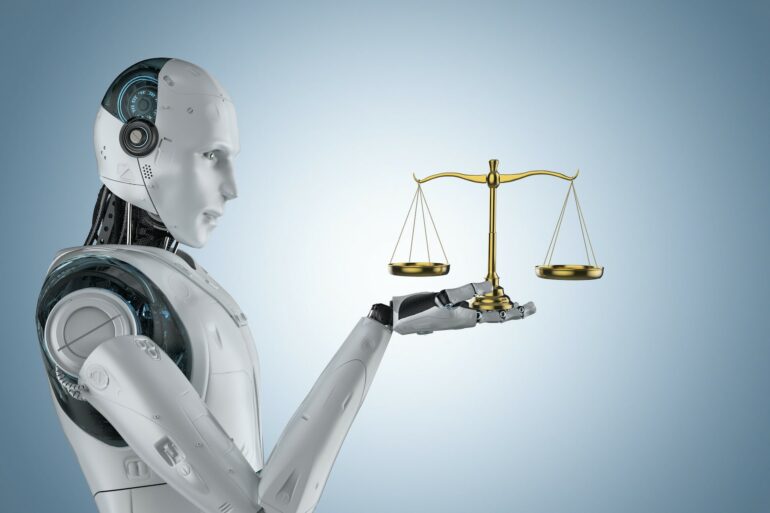Only “persons” can engage with the legal system – for example, by signing contracts or filing lawsuits. There are two main categories of persons: humans, termed “natural persons,” and creations of the law, termed “artificial persons.” These include corporations, nonprofit organizations and limited liability companies (LLCs).
Up to now, artificial persons have served the purpose of helping humans achieve certain goals. For example, people can pool assets in a corporation and limit their liability vis-à-vis customers or other persons who interact with the corporation. But a new type of artificial person is poised to enter the scene – artificial intelligence systems, and they won’t necessarily serve human interests.
As scholars who study AI and law we believe that this moment presents a significant challenge to the legal system: how to regulate AI within existing legal frameworks to reduce undesirable behaviors, and how to assign legal responsibility for autonomous actions of AIs.
One solution is teaching AIs to be law-abiding entities.
This is far from a philosophical question. The laws governing LLCs in several U.S. states do not require that humans oversee the operations of an LLC. In fact, in some states it is possible to have an LLC with no human owner, or “member” – for example, in cases where all of the partners have died. Though legislators probably weren’t thinking of AI when they crafted the LLC laws, the possibility for zero-member LLCs opens the door to creating LLCs operated by AIs.
Many functions inside small and large companies have already been delegated to AI in part, including financial operations, human resources and network management, to name just three. AIs can now perform many tasks as well as humans do. For example, AIs can read medical X-rays and do other medical tasks, and carry out tasks that require legal reasoning. This process is likely to accelerate due to innovation and economic interests.
A different kind of person
Humans have occasionally included nonhuman entities like animals, lakes and rivers, as well as corporations, as legal subjects. Though in some cases these entities can be held liable for their actions, the law only allows humans to fully participate in the legal system.
One major barrier to full access to the legal system by nonhuman entities has been the role of language as a uniquely human invention and a vital element in the legal system. Language enables humans to understand norms and institutions that constitute the legal framework. But humans are no longer the only entities using human language.
The recent development of AI’s ability to understand human language unlocks its potential to interact with the legal system. AI has demonstrated proficiency in various legal tasks, such as tax law advice, lobbying, contract drafting and legal reasoning.

